In this edition of the Going Viral podcast, medical historian Mark Honigsbaum conducts a by-the-numbers comparison of the novel coronavirus pandemic versus the 1918-19 Spanish flu, with medical demographer Andrew Noymer. Both pandemics resulted in massive worldwide deaths, but the nuances of who died and why provide fascinating context for our current situation. Deconstructing these hard-won lessons points toward useful strategies to mitigate future viral outbreaks.
Experts often use the 1918-19 Spanish flu as a template for the worst possible pandemic scenario.
A century later, the novel coronavirus is proving just as devastating. No human is immune to it, and no vaccine exists. Its mortality rate is about 2%, similar to Spanish flu.
US President Donald Trump stated that COVID-19 [the disease caused by novel coronavirus, SARS-CoV-2] is no worse than the common flu. Such comparisons have been proposed since the earliest days of the outbreak. It is true that some people have mild symptoms, while others become more seriously ill, and some die. COVID-19 tends to cause worse problems for older people, but that’s not exclusively the case. Coronavirus is not generally as serious as flu is for young people, but it can be deadly.
Flu viruses tend to evolve and change each year, and are more prevalent in cooler seasons. Most of us have encountered some form of influenza, so our immune systems can better handle it. We can tweak existing vaccines and not go into a panic every year.
Coronavirus spreads quickly due to its high contagiousness and ...
Host Dr. Mark Honigsbaum is a medical historian specializing in the history of epidemics and pandemics. His guest, Dr. Andrew Noymer, is a medical demographer and professor of public health at University of California, Irvine.
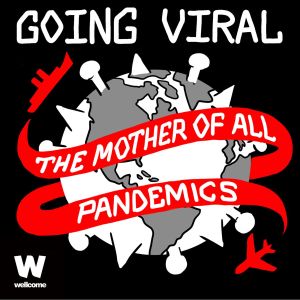








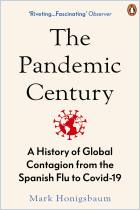
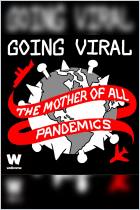
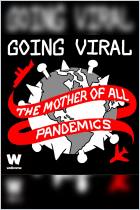
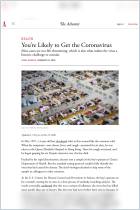

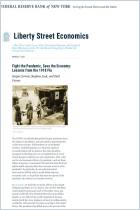
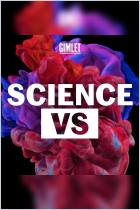
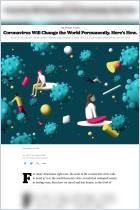

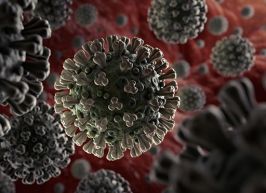
Comment on this summary